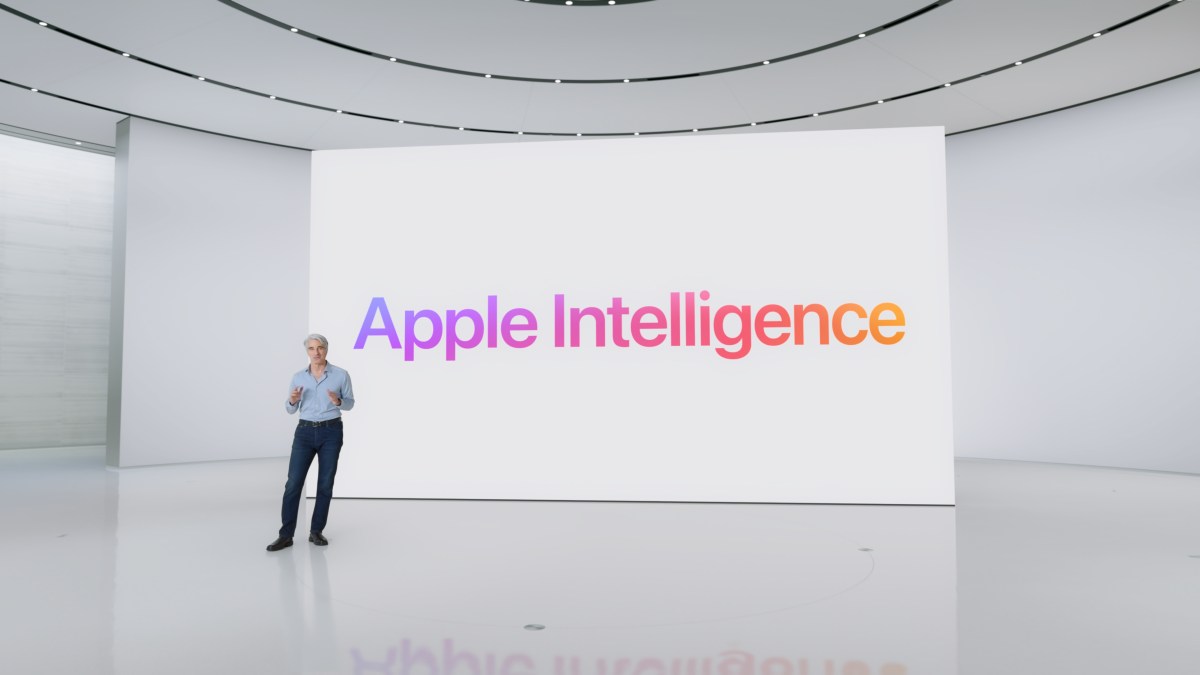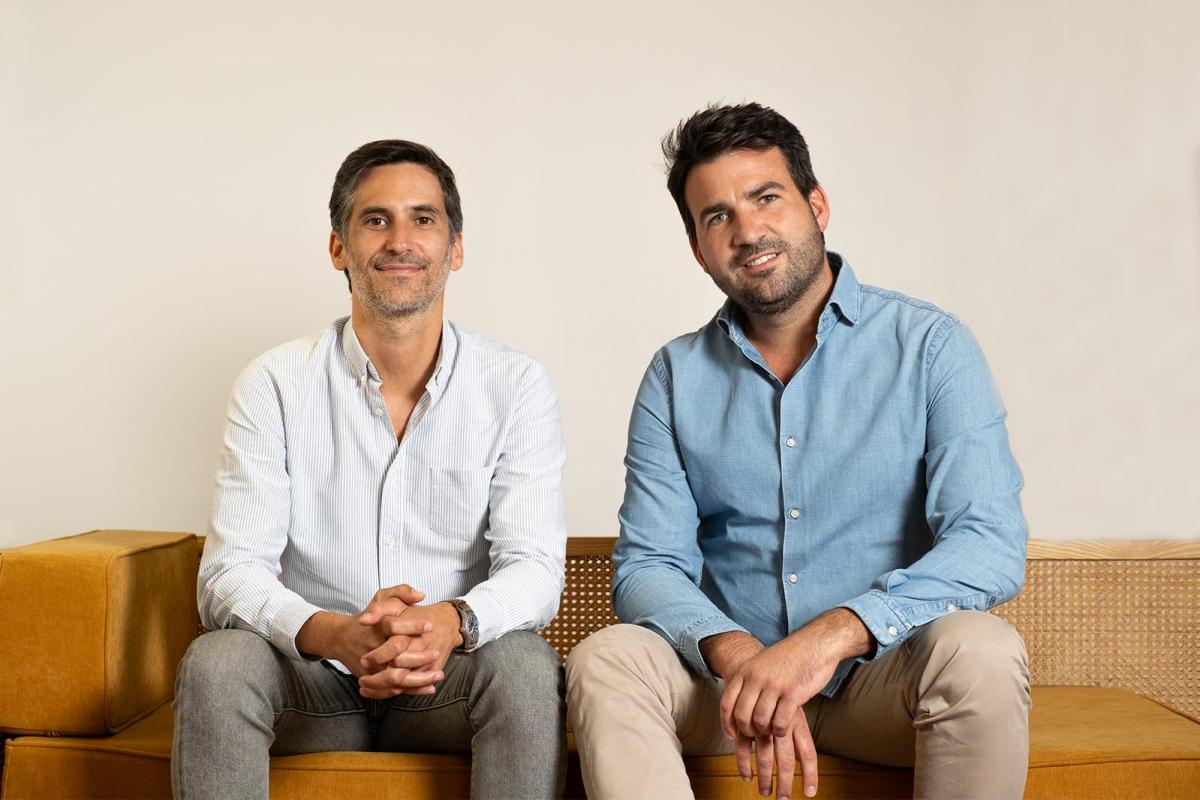Smartcat secures $43M for its AI-powered translation platform | TechCrunch

Can AI ever fully replace translators? Not likely. AI translations tend to lack the lexical richness of their human-translated counterparts, mainly because AI models make choices based on probability — not lived experience. Certainly, AI can produce “accurate” translations, but the translations lack the spice of life, like a textbook version of the source text.
For many companies, accuracy is all that’s required, making the AI translation sector an attractive one. Smartcat, founded in 2016, is among the vendors providing automated translation tools geared toward enterprises, and its co-founder and CEO, Ivan Smolnikov, says business is good.
“We have over 1,000 corporate customers, including 20% of the Fortune 500,” he told TechCrunch. “While most of Smartcat’s clients are large global enterprises, we also count many local and international government entities among them.”
Before founding Smartcat, Smolnikov was a physicist at the Russian Academy of Sciences, where he researched fiber optics materials. After two years in the lab, Smolnikov decided to try his hand at entrepreneurship, founding the language services company ABBYY LS.
It’s at ABBYY where Smolnikov incubated Smartcat, in fact, which spun out as an independent entity in 2016. Smolnikov left ABBYY, where he was a board member at the time, the same year.
“I founded Smartcat to reinvent the traditional translation agency model, which is based on a time-consuming, manually-operated, long supply chain, built on human services,” Smolnikov said. “Our AI platform supports a wide range of use cases for enterprise customers dealing with multilingual content.”
At a high level, Boston-based Smartcat offers tools, apps and managed services to help companies translate written and spoken content — think e-learning courses, websites, files and software — into around 280 languages. Smartcat doesn’t necessarily train AI translation models itself, but rather runs content through a “matching engine” the determines which third-party model might be appropriate for the content and target output language.
Smartcat says it does fine-tune translation models — including in-house models customers themselves have trained — where there it makes sense, like in cases where a company has a large database of commonly-translated phrases they want a model to “memorize.”
In an acknowledgement that AI makes mistakes sometimes, Smartcat also provides access to a network of translators and copy editors who can assist with review for a fee. “Customers can choose different translation options, such as AI translation, human translation or a combination — automatic translation with professional editing,” Smolnikov explained.
As of a few years ago, some translators on Reddit suggested that Smartcat had a problem with dishonest — and non-paying — clients. Smolnikov assured me this has been cleared up, though, and that translators can charge whatever they wish minus Smartcat’s 2% to 8% per-payment fee. (The exact fee depends on the volume of jobs processed and the customer’s and translators’ countries of residence.)
While there’s a plentiful supply of companies selling AI translation services, including human-aided ones (see: EasyTranslate, D-ID, DeepL, Lilt, Lengoo, etc.), Smolnikov sees Smartcat primarily competing with old-school translation agencies and in-house orgs.
“Traditionally, enterprises relied on outsourcing to agencies,” he said. “Insourcing was another approach, but when done manually, it struggled with scalability … Smartcat’s focus on language AI quality provides a practical [alternative].”
Investors seem to be in agreement.
Smartcat on Tuesday announced that it raised $43 million in a Series C funding round led by Left Lane Capital. This brings the company’s total raised to $70 million; Smolnikov says that the new cash will be put toward expanding its 200-person team, product development and various ongoing marketing and sales efforts.
Vinny Pujji, managing partner at Left Lane Capital, had this to say in a canned statement: “As an early market mover, Smartcat has a broad portfolio of customers and is uniquely positioned to compound the depth and quality of their product offering, continuing to lock in competitive advantages over time.”
Those “advantages” could translate (no pun intended) into a substantial payday, should the rosiest projections about the AI translation sector come true. According to Grand View Research, the global market for machine translation solutions — which was worth $978.2 million in 2022 — could grow at a 13.5% compound annual growth rate from from 2023 to 2030.





